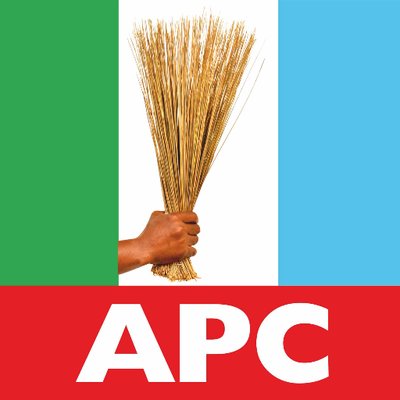The All Progressives Congress (APC) has firmly defended the policies of the Tinubu-led administration, asserting that they are not detrimental to the populace but instead prioritize enhancing the socio-economic welfare of Nigerians. APC’s response comes in the wake of concerns raised by the Peoples Democratic Party (PDP) regarding the nation’s declining socio-economic situation, which PDP Chairman Senator Adolphus Wabara attributed to the government’s conduct. In this context, the APC’s Director of Publicity, Bala Ibrahim, emphasized that the ruling party has no intention of undermining democracy. Ibrahim highlighted that the APC is committed to positive change and delivering the benefits of democracy to the citizenry.
Ibrahim’s remarks also addressed the notion of opposition within a democratic framework, suggesting that while opposition is essential for a healthy democracy, it should be constructive rather than destructive. He accused the PDP of mismanagement while they were in power, arguing that the past leadership caused significant harm to the nation, which is still visible today. The APC contends that the public is becoming increasingly aware of what meaningful change means and is capable of distinguishing between the failures of previous administrations and the current government’s aims.
The ruling party also urged the opposition to abandon thoughts of policy reversals and instead support the present administration’s efforts. This call to unity suggests that the APC believes progress can be achieved more efficiently with cooperation rather than ongoing dissent and criticism from opposition parties. The statement seems aimed at fostering a politically stable environment conducive to implementing the government’s proposed reforms and initiatives.
Furthermore, the APC has rejected allegations from the opposition that it manipulated the recent governorship election in Edo State in a bid to establish a one-party system and eliminate democratic competition. Addressing these claims, the party asserts its commitment to maintaining democratic principles and ensuring fair political competition. This reaction underscores the party’s attempt to position itself as a legitimate and responsible ruling entity that respects electoral integrity.
In summary, the APC’s defense pivots on emphasizing that its policies are geared towards uplifting the nation rather than undermining it. The administrative leadership is framed as a response to the challenges posed by previous governments, highlighting the missteps of the PDP as a rationale for the current government’s direction. Additionally, the party invites constructive dialogue from opposition parties while dismissing allegations of electoral misconduct as unfounded.
Overall, the APC appears steadfast in its approach and messaging, seeking to create a narrative of progress, accountability, and cooperative governance amid criticisms and challenges in the political landscape. The party’s insistence on focusing on socio-economic upliftment and maintaining democratic practices reveals its strategy to navigate the complex political dynamics while ensuring its policies gain traction among the citizens.














